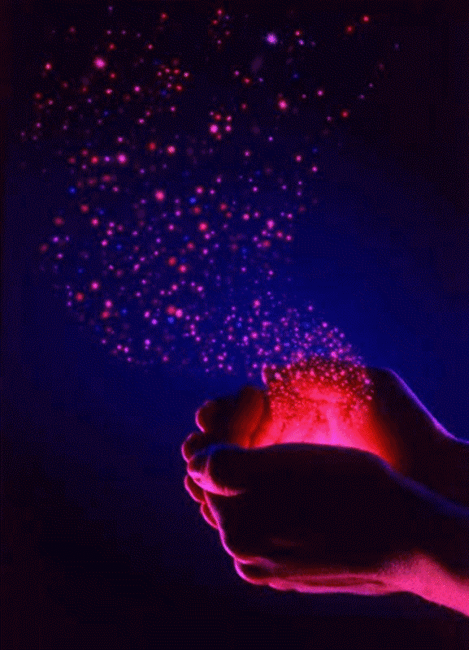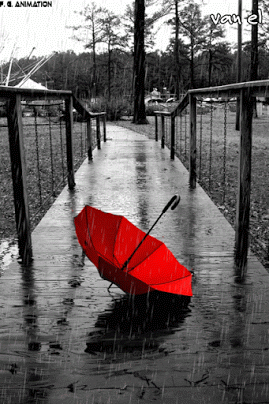-
Comment July 8, 2015
-
The less you respond…
Comment July 8, 2015 -
Only one toy for two dogs
Comment July 7, 2015Puppies are sometimes rejected by their mother if they are born by cesarean and cleaned up before being given back to her. Small quantities of grapes and raisins can cause renal failure in dogs. Chocolate, macadamia nuts, cooked onions, or anything with caffeine can also be harmful. Source: RandomFacts
-
If things don’t work out
Comment July 7, 2015 -
Inside your heart
Comment July 7, 2015 -
Don’t be heedless
Comment July 7, 2015Meditate bhikkhu! Don’t be heedless!
Don’t let pleasures whirl the mind!
Heedless, do not gulp a glob of iron!
Bewail not when burning, ‘This is dukkha’!
~DhammapadaExplanation: O monk, meditate and do not be indolent. Do not allow your mind to loiter among sensual pleasures. If you allow it, it will be like having iron balls forced down your throat in hell. You will bewail your fate crying, “This is suffering,” Do not allow it to happen. Source: Buddhanet
-
Respect your mind
Comment July 7, 2015You respect your mind, so you are more careful what you put in it. If you have a nice house, you don’t go out and pick up all the filth from the street and bring it in, you bring in things that will enhance it and make it a refreshing and delightful place.
If you are going to identify with anything, then don’t identify with mortal conditions. See what identification is – investigate your own mind to see clearly the nature of thought, of memory, of sense consciousness, and of feeling as impermanent conditions. Bring your awareness to the slower things, to the transiency of bodily sensation; investigate pain and see it as a moving energy, a changing condition. Emotionally, it seems permanent when you are in pain, but that is just an illusion of the emotions – let go of it all. Even if you have insight, even if you understand everything clearly – let go of the insight.
When the mind is empty, say ‘ Who is it that lets go?’ Ask the question, try to find out who it is, what it is that lets go. Bring up that not-knowing state with the word Who – ‘Who am I? Who lets go?’ A state of uncertainty arises; bring this up, allow it to be . . . and there is emptiness, voidness, the state of uncertainty when the mind just goes blank.
I keep stressing this right understanding, right attitude, right intention, more towards simplifying your life so that you aren’t involved in unskilful and complex activities. So that you don’t live heedlessly, exploiting others and having no respect for yourself or the people around you. Develop the Precepts as a standard, and develop nekkhamma – renunciation of that which is unskilful or unnecessary – and then mentally let go of greed, let go of hatred, let go of delusion. ~Ajahn Sumedho
-
The unconditioned
Comment July 7, 2015Buddha-wisdom is just that much: knowing the conditioned as the conditioned, and the Unconditioned as the Unconditioned. Buddhas rest in the Unconditioned, and no longer, unless it’s necessary, seek absorption into anything. They are no longer deluded by any conditions, and they incline to the Unconditioned, the spaciousness, the emptiness, rather than towards the changing conditions within the space.
In your meditation now, as you incline towards the emptiness of the mind, towards the spaciousness of the mind, your habitual grasping, fascination, revulsions, fears, doubts and worries about the conditions lessen. You begin to recognise they’re just things that come and go: they’re not-self, nothing to get excited about or depressed about, they are as they are. We can allow conditions to be just as they are, because they come and go – their nature is to go away, so we don’t have to make them go away. We’re free and patient and enduring enough to allow things to take their natural course. In this way, we liberate ourselves from the struggle, strife, and the confusion of the ignorant mind that has to spend all its time evaluating and discriminating, trying to hold onto something, trying to get rid of something. ~Ajahn Sumedho
-
Let today be the day
Comment July 7, 2015 -
Little kitty is not happy
Comment July 6, 2015Another rarity in the animal world is that cats faces, which are flat between the eyes, work their two eyes together. This allows them to judge distance, to focus, and see three dimensionally.umans have about 34 vertebrae in their spines. Cats, have nearly 60, giving them flexibility and that ability to arch their backs as high as they can. Source: Catgreetings


















